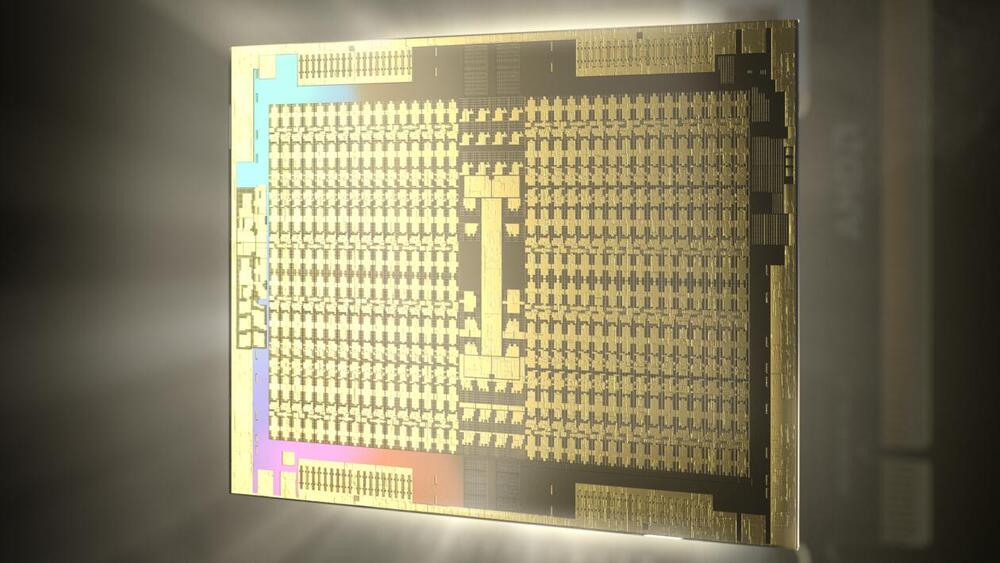A new study is flipping the script on the effects of massive meteor impacts. While an ancient impact is commonly to the extinction event that killed the dinosaurs, scientists are now starting to suspect that an earlier impact could have jumpstarted life on Earth in the first place.
Scientists have long suggested that meteorites carried the ingredients necessary for life to Earth, but new research suggests that meteor impacts also created the ideal conditions for life to emerge as well, The Weather Network reports. Because of that, the scientists suggest that space agencies ought to pay special attention to similar craters when hunting for life on the Moon, Mars, or beyond.







